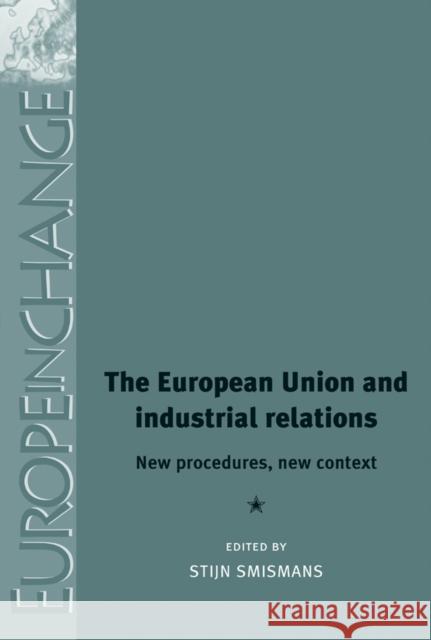The European Union and Industrial Relations: New Procedures, New Context » książka
The European Union and Industrial Relations: New Procedures, New Context
ISBN-13: 9780719086724 / Angielski / Twarda / 2012 / 256 str.
This book analyses the multiple ways in which the European Union affects industrial relations. Traditionally, the institutional framework for industrial relations has nearly exclusively been provided by the nation states, and the study of the role of trade unions and employers' organisations has prioritised the comparison of such national systems. However, the EU has gradually played an increasing role also in the field of industrial relations, providing for a unique transnational framework in which management and labour operate. This book places the EU center stage of industrial relations. It frames the EU as the provider of both a new institutional framework and policy context for industrial relations, while reflecting on the impact of the economic crisis on industrial relations in Europe. The first part of the book examines the European level institutional framework for industrial relations, assessing the most recent developments in the European social dialogue at cross-sectoral, sectoral and company level, as well as interactions between these and transnational developments. The second part focuses on the EU's influence as a driver of institutional change in the industrial relations systems at the national level. The third part of the book analyses how the EU's policy framework influences industrial relations, by way of the common market freedoms, its legislative framework, its economic governance, and the Lisbon and Agenda 2020 Strategies.The book will be of great interest particularly to all those involved in industrial relations and EU studies and more generally to anyone interested in the EU's debated and contested role in socio-economic governance in the face of an economic crisis that puts into question existing national and transnational governance structures.











